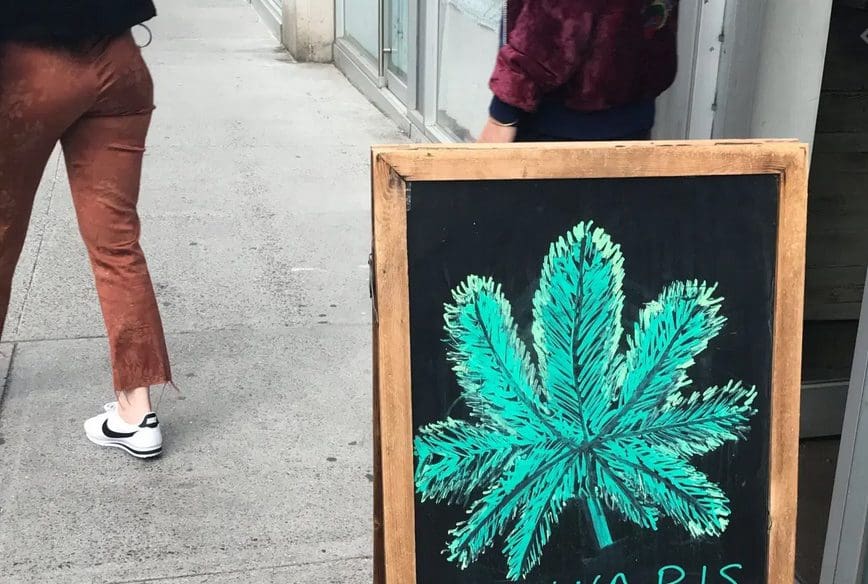Search Posts
Recent Posts
- Outdoors in RI: Help keep recreation areas clean. Invasive Milfoil, trash. 2A update – Jeff Gross July 26, 2024
- Real Estate in RI: Highest-ever sale in Queen’s Grant, EG $1.25M, by Residential Properties July 26, 2024
- Homeless in RI: Gov. Newsom issues Executive Order. Remove California’s encampments. July 26, 2024
- Let the games begin. XXXIII Summer Olympics – John Cardullo July 26, 2024
- GriefSPEAK: What would you do? – Mari Dias Nardolillo July 26, 2024
Categories
Subscribe!
Thanks for subscribing! Please check your email for further instructions.

RI League of Cities and Towns: Local burden of recreational marijuana justifies local control
The Rhode Island League of Cities and Towns announces its position on proposals for the legalization of adult recreational use marijuana today.
This comes ahead of the House Finance Committee’s hearing scheduled for Thursday, April 29th on Article 11 of the Governor’s budget (the legalization of adult recreational use marijuana).
“What we have heard overwhelmingly from municipal counterparts in other states is that, if Rhode Island legalizes marijuana, our cities and towns will bear most of the direct burden,” said Brian Daniels, Executive Director of the League. “As different proposals are vetted by the General Assembly, our number one priority remains the same – ensuring that local governments have sufficient operational control, oversight and resources in any legalization proposal to lessen the burden on our residents and our community.”
With various proposals having their own merits, cities and towns are advocating for the following:
Cities and towns should be able to opt-out through their respective councils rather than through a ballot referendum. The Governor’s budget proposal requires a special election by November 2021 if a community wants to opt-out. League members oppose the mandate for special elections, which involve additional local costs and often have low turnout. Special elections are costly to administer and have historically low turnout. Local officials are concerned that a special election would lead to a flood of special interest money in support of legalized marijuana and a relatively small number of voters could have a disproportionate impact on a community’s decisions. Special elections also require months to plan and implement. If the General Assembly passes marijuana legalization in June 2021, with a referendum required by November 2021, local governments will not have sufficient time to deliberate whether to pursue a special referendum in their communities. Special elections will also lead to unbudgeted costs, as most communities will have completed their local budgets by the end of June.
To support local oversight, cities and towns should directly receive at least a 3% local sales tax – as in the Senate proposal (S 0568). Cities and towns need funding to handle impacts on traffic and congestion, manage public safety response to emergency calls, and address complaints about nuisance properties. We also support expanding temporary impact fees beyond three months as proposed in the Governor’s budget.If municipal funds are subject to a formula in state law – as proposed in the Governor’s budget — they could be reduced or eliminated over time. Because communities that opt-out will also need to address public safety concerns, we support municipal safety grants.
Any state licensing authority should set reasonable limits on the number and location of licensed establishments and ensure that all facilities comply with local zoning, public safety and other relevant requirements. The Senate proposal would establish an independent authority and allocate three retail licenses per community under 30,000 residents, with an additional license permitted for each 10,000 residents above 30,000. This approach could authorize over 150 retail establishments statewide, overwhelming all cities and towns. The Governor proposes a centralized licensing system through the Office of Cannabis Regulation and the Department of Business Regulation. The Governor’s proposal would permit 25 retail licenses per year for three years, which is more reasonable than the Senate target. However, the state authority must ensure equitable geographic distribution of retail establishments so that some communities do not bear disproportionate impacts.
Any legalization proposal should address concerns about workforce management issues. Employees in public works, public safety or other important positions could cause harm to the public if they were impaired at work. Currently, both the Governor’s and Senate proposals allow employers to establish policies prohibiting the use or possession of marijuana in the workplace and/or working under the influence. The Governor’s proposal contains additional employer safeguards, including allowing employers to verify whether employees have medical marijuana licenses.
Any legalization proposal should robustly support public education campaigns and treatment for substance use disorders through community-based health initiatives. Currently, the Governor’s proposal reinvests a portion of revenues for state agencies to enhance treatment, prevention, and surveillance capacity. It would also dedicate funds for education and outreach through Rhode Island’s health equity zone (HEZ) collaboratives. Ultimately, educational outreach and treatment funds must be spent in our communities – supporting local organizations and providers that recognize the needs and challenges of each city and town.
About the Rhode Island League of Cities and Towns:Founded in 1968, the Rhode Island League of Cities and Towns is a municipal membership organization that serves as the unified voice of local government in Rhode Island. Learn more at www.RILeague.org
